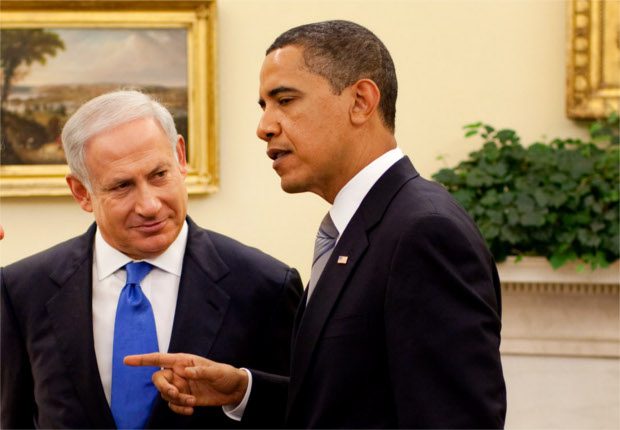Is a “Fundamental Alteration” in U.S.-Israel Relations Inevitable?

Jonathan Chait gets a bit ahead of himself:
A fundamental alteration of the American alliance with Israel may be inevitable. There are signs it is already underway.
It would be welcome news if Chait were right that there is sure to be a “fundamental alteration” in the relationship, but the few signs that there may be some change in the next two years point to something much less significant. Any changes this administration chooses to make in its handling of the relationship with Israel will probably not survive the end of Obama’s presidency. There is a depressing uniformity among 2016 candidates in both parties on issues related to Israel, and it is one part of U.S. foreign policy that we can practically guarantee will become more hawkish and reflexively supportive of Israel no matter who wins the next election. While there may be increasing divergence between the rank-and-file of the two parties on these issues, this is scarcely reflected at all in Congress, and until that changes it is very doubtful that the relationship can be “transformed.” That will take organization and activism to counter the influence of conventional “pro-Israel” groups, and that isn’t just going to happen because of a growing partisan difference.
Then again, Chait doesn’t seem interested in a “fundamental alteration” of the relationship, and given his past views no one would have thought he would support such a change. His recommendation for “liberal two-staters” is basically to keep U.S. policy towards Israel unchanged in almost all important respects:
Likely, they will keep in place the military component of the alliance. The Obama administration’s support for Iron Dome saved innumerable Israeli lives and contained the scope and duration of the last intifada. American military aid to Israel has prevented the general inter-state wars that used to break out periodically. That should continue for the foreseeable future, and is likely to.
Chait then says that the “diplomatic relationship will face a day of reckoning,” but he doesn’t spell out what he thinks should happen on that day. He says that liberals will have to “adjust to a reality that is leaving them behind,” but doesn’t say what that adjustment should be. His argument boils down to a familiar lament from liberal “pro-Israel” writers: anytime now they will lose patience with the policies of the Israeli government and they won’t be able to keep supporting it in the same way that they have. Yet for most of them the day of reckoning never arrives and they find new reasons to continue backing the same relationship that enables the policies they say they can’t stand. That’s one reason why the relationship just keeps becoming more dysfunctional and unhealthy.